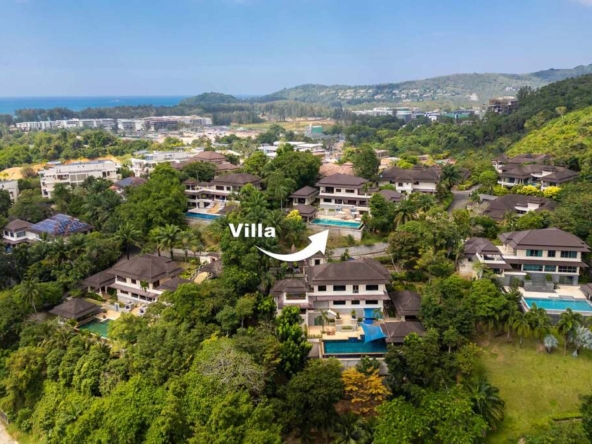Investors in real estate typically engage in several key Strategies activities to afford and profit from property investments in Thailand.

Here’s an overview of what they do:
1. Capital Accumulation
- Saving and Budgeting: Investors often start by saving and budgeting effectively to accumulate the capital needed for a down payment on real estate. This might involve cutting down on expenses, increasing income, or using savings.
- Leveraging Investments: Many investors use profits from other investments, such as stocks, bonds, or businesses, to fund their real estate purchases.
2. Financing and Loans
- Mortgage Financing: Investors might take out a mortgage to finance the purchase of real estate in Thailand. While Thai banks typically have stricter lending criteria for foreigners, it’s still possible to obtain financing, especially if the investor has a strong financial background or Thai partner.
- Private Financing: Some investors might seek private loans from individuals or institutions, or even partner with other investors to pool resources.
3. Property Selection
- Market Research: Successful investors conduct thorough market research to identify high-growth areas or undervalued properties. In Thailand, this could involve studying tourism trends, infrastructure developments, or economic factors.
- Due Diligence: This includes verifying property titles, checking zoning laws, and understanding local regulations. Investors often work with local real estate agents or legal advisors to ensure they are making sound decisions.

4. Rental Income
- Buy-to-Let Key Strategies: Investors often purchase properties with the intention of renting them out. Rental income can help cover mortgage payments and other expenses, making the property more affordable over time.
- Short-Term Rentals: In tourist-heavy areas like Phuket, investors might focus on short-term rentals through platforms like Airbnb to maximize returns.
5. Capital Appreciation
- Long-Term Holding: Investors often hold onto properties for several years, allowing them to appreciate in value. This strategy relies on buying in areas expected to grow or improve over time.
- Renovation and Development: Some investors purchase properties that need renovation, improve them, and then sell them at a higher price (flipping) or increase rental rates.
6. Legal and Tax Planning
- Understanding Regulations: Foreign investors need to navigate Thai property laws, which can be complex. For example, foreigners can own condominium units outright but cannot own land directly unless it’s through a leasehold or a company structure.
- Tax Efficiency: Investors often consult with tax professionals to minimize tax liabilities and take advantage of any incentives or deductions available.

7. Risk Management
- Diversification: To manage risk, investors might diversify their portfolio by investing in different types of properties (e.g., residential, commercial) or in different locations within Thailand.
- Insurance: Ensuring properties are insured against natural disasters, damage, or other unforeseen events is crucial, especially in a tropical country like Thailand.
8. Exit Key Strategies
- Selling: When the property has appreciated sufficiently or when market conditions are favorable, investors may sell to realize a profit.
- Refinancing: Investors might refinance the property at a lower interest rate to free up capital for additional investments.
By engaging in these activities, real estate investors can strategically afford and profit from their investments in Thailand.
Related content on our website about real estate: If you are wondering about the process of buying property. Read more : https://cm-topestate.com/property-purchase-process-in-thailand/
For further information, don’t hesitate to contact us. You can reach us via WhatsApp at +66 (0) 93-578-6028, send us an email at info.cmtopestate@gmail.com, or visit our website at www.cm-topestate.com. We are always available to assist you.



